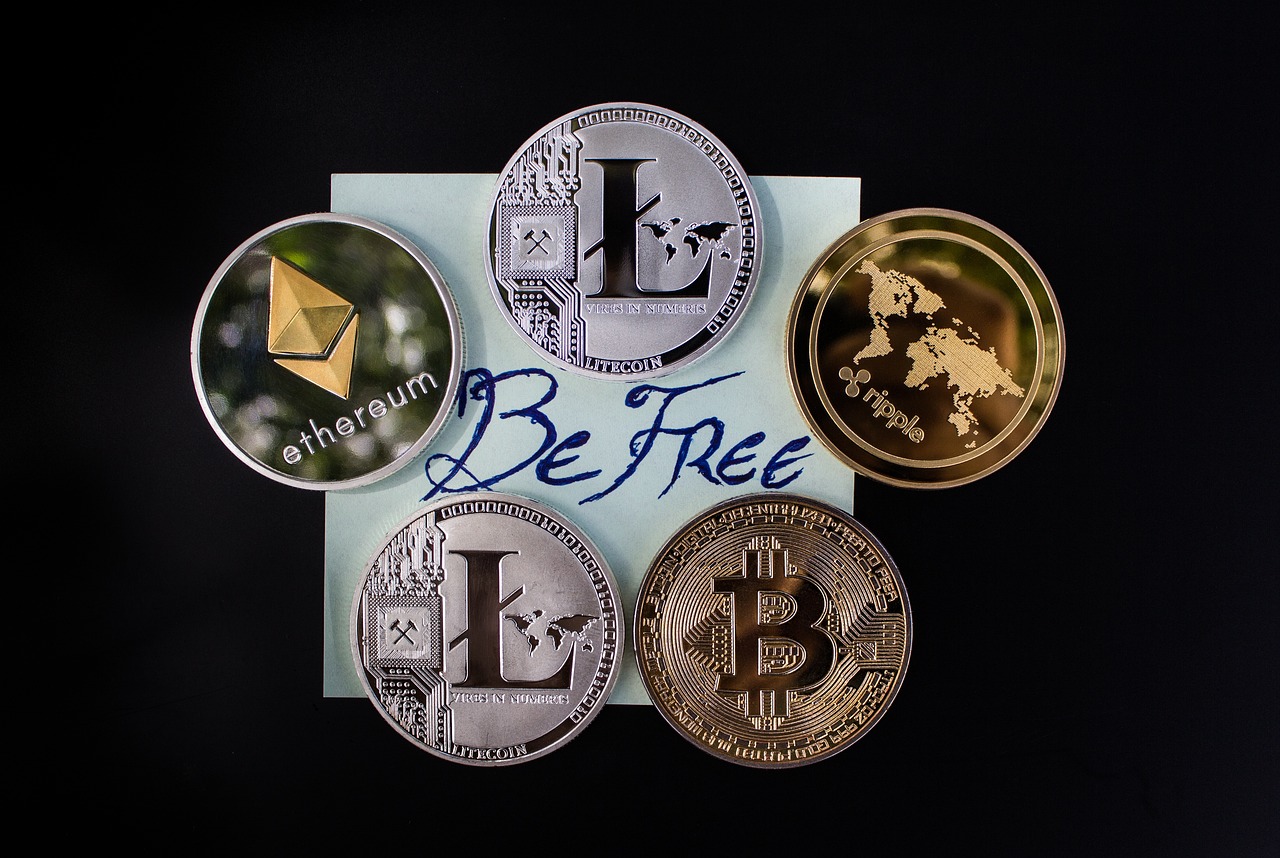Free Cryptocurrency, once an enigmatic concept confined to tech-savvy enthusiasts, has now permeated mainstream discourse. Its decentralized nature and potential for financial revolution have sparked global interest. But what if I told you there’s a subset of cryptocurrencies that you can acquire for free? Yes, you read that right. In this article, we’ll delve into the world of free cryptocurrency, exploring its emergence, mechanisms, and implications for the digital economy.
Understanding Free Cryptocurrency
What is Free Cryptocurrency?
Free cryptocurrency refers to digital assets distributed at no cost to users. Unlike traditional cryptocurrencies that require mining or purchasing, these tokens are often distributed through a variety of mechanisms, including airdrops, faucets, and rewards programs.
The Mechanisms of Distribution:
- Airdrops: Airdrops involve the distribution of free tokens to existing cryptocurrency holders or members of specific communities. Projects utilize airdrops to bootstrap their networks, increase user engagement, and foster decentralization.
- Faucets: Faucets are platforms that dispense small amounts of cryptocurrency to users in exchange for completing simple tasks or captcha challenges. While the rewards may seem negligible, faucets serve as entry points for newcomers to explore the crypto space.
- Rewards Programs: Many cryptocurrency projects incentivize user participation through rewards programs. By engaging with the platform, users can earn free tokens as rewards for contributing to the ecosystem.
The Emergence of Free Cryptocurrency
The concept of free cryptocurrency has gained traction alongside the broader adoption of blockchain technology. As blockchain projects seek to attract users and build communities, the distribution of free tokens has become a strategic tool for marketing and user acquisition. Additionally, the democratization of token issuance platforms has empowered startups and developers to launch their own cryptocurrencies and distribute them freely to potential users.
Implications for the Digital Economy
- Accessibility and Inclusion: Free cryptocurrency initiatives lower the barrier to entry for individuals interested in exploring the digital economy. By providing tokens at no cost, these projects democratize access to financial resources and empower users from diverse backgrounds to participate in the crypto ecosystem.
- Community Building: Airdrops and rewards programs facilitate community engagement and incentivize active participation within cryptocurrency networks. By distributing tokens to users who contribute value to the ecosystem, projects can foster a sense of ownership and loyalty among community members.
- Innovation and Experimentation: The distribution of free cryptocurrency encourages experimentation and innovation within the blockchain space. Startups and developers can leverage airdrops and rewards programs to test new concepts, validate ideas, and gather feedback from users without the need for significant upfront investment.
- Economic Empowerment: For individuals in regions with limited access to traditional financial services, free cryptocurrency offers a pathway to economic empowerment. By participating in airdrops or earning tokens through rewards programs, users can accumulate digital assets that hold the potential for future value appreciation.
Challenges and Considerations:
While free cryptocurrency presents opportunities for users and projects alike, it also comes with its own set of challenges and considerations.
- Scams and Security Risks: The decentralized nature of cryptocurrency makes it susceptible to scams and fraudulent schemes. Users should exercise caution when participating in airdrops or engaging with unfamiliar projects to avoid falling victim to phishing attempts or malware.
- Regulatory Uncertainty: The distribution of free cryptocurrency may raise regulatory concerns, particularly regarding securities laws and anti-money laundering regulations. Projects must navigate the evolving regulatory landscape to ensure compliance and mitigate legal risks.
- Sustainability: Sustainable distribution models are essential to the long-term viability of free cryptocurrency initiatives. Projects must strike a balance between incentivizing user participation and preserving the value of their tokens to avoid inflationary pressures or token devaluation over time.
Conclusion:
The emergence of free cryptocurrency represents a paradigm shift in the digital economy, offering new opportunities for accessibility, community building, and economic empowerment. While challenges and uncertainties remain, the potential benefits of free cryptocurrency initiatives cannot be overlooked. As blockchain technology continues to evolve, the distribution of free tokens will likely play a significant role in shaping the future of finance and democratizing access to digital assets for people around the globe.


















